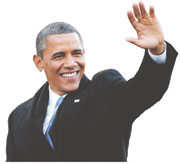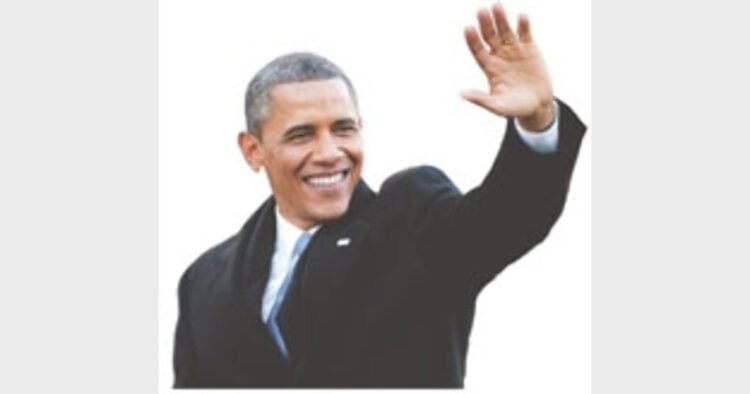India: Towards a Workable Foreign Policy?
The United States is beginning to see light and one can only hope that it will keep its eyes wide open. After having refused a visa to narendra Modi when he was Chief Minister of Gujarat, a leading State, and after financing European NGOs to find out whether there exist mass graves in that State, it is now sounding hypocritically friendly. Consider these opinions expressed since belated wisdom dawned on US official circles. Nisha Desai Biswal Washington’s India-American point person for South Asia said, the US is “Committed to supporting economic linkage that will cultivate new markets and knit the two countries (India and US) even closer together and make them more integrated with the global economy.” “That’s why” she added, “we are so excited about US-India Technology Summit and Expo to be held this November in Delhi”. On May 14, President Obama again set the tone for continuity in India—US relations saying he looks forward to working closely with India’s next administration.
 India has set and example for the world in holding the largest democratic election in history.” India has set and example for the world in holding the largest democratic election in history.” —Barack Obama? |
It is nice to know that the US is changing its views on India. It should know that India is the greatest democracy in the world barring none. That a nation with a voting population of 830 million (greater than the total population of the European Union) speaking over 22 major languages and consisting of over 300 castes and sub-castes would go to poll, without the slightest show of violence and come out giving the BJP complete confidence to run the county without constantly having to look behind for help from allies, speaks for itself. It can formulate policies without any challenge. This will perhaps explain why the US is willing to expand its regional consultation with India to include South, Central, West and East Asia in all of which India has a vital interest, geo-politic and politico-economic.
But one can’t take US India cooperation for granted overnight. First there must be a lot of re-thinking going on in many US platforms. India cannot also so easily forget insults because of sweet words. The Devyani Khobargade issue needs to be settled amicably and to mutual satisfaction. Groups like the Coalition Against Genocide, the Indian-American Muslim Council and the Congress-backed US Commission on International Religious Freedom cannot be expected to eat their words. There are organisations in the United States that have their commitments to fulfill. Just as worse there have been in recent times trade disputes in many sectors, from pharmaceuticals to solar panels and only last month the US trade representative came perilously close to labelling India as a “priority foreign country” in its Special 301 Report on trading partners “Deploying discriminatory economic measures in international commerce”.
As The Hindu’s Washington correspondent put it, “US businesses have had the wind knocked out of their sails by the stalled progress on the civil nuclear deal, the failed attempt to win a fighter jet contract and are now fearful of losing market share owing to Indian courts’ hacking of compulsory licensing measures.” As he put it, “These costituents are likely to be hoping that the new government that will take charge in New Delhi in the coming weeks will breathe fresh air into trade and investment reform in favour of a more accessible, less bureaucratically stymied policy environment, attributes that are widely associated with Mr Modi’s governance in his home State.”
But matters of immediate concern relate to forthcoming relations between India and Afghanistan and more especially with Pakistan. Pakistan’s Army Chief General Raheel Sharif in recent times has been repeating his country’s stand by stating that “Kashmir is the lifeline of Pakistan and it is an international dispute”. Worse, the new Pakistani High commissioner to India Abdul Basit recently told Economic Times that his government could offer no assurance to India on the issue of terrorism. Where, in the circumstances, does India stand vis-a-vis US-India security concerns? And what role does the US expect india to play in Afghanistan once it withdraws all its troops from that controversial territory?
According to one source Modi will not shy away from a broad engagement with Pakistan while, at the same time, he will also ensure a befitting reply without any fanfare to any terrorist attack from across the border.
(The witer is senior columnist and former editor of Illustrated Weekly) ?













Comments